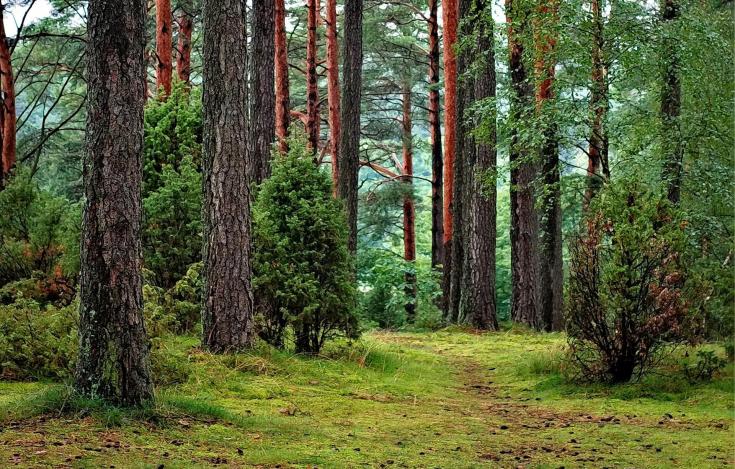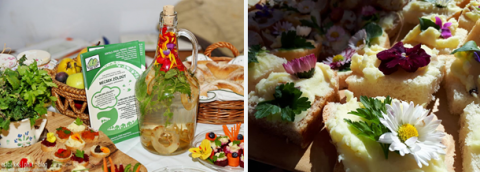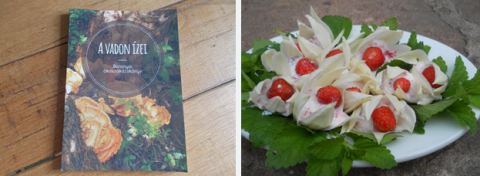Rural tourism based on local heritage and gastronomy

Rural areas have strong potential for developing sustainable tourism that offers authentic, unique experience to tourists based on natural landscape, culture and culinary traditions while at the same time benefits the local community economically and socially. An inspiring good practice on developing gastronomy and green tourism in a rural area in Hungary was identified within Interreg Europe OUR WAY project and is presented below.
Bringing villages together in Mecsek Greenway
The Mecsek Greenway is situated on the western and eastern flanks of the Mecsek Mountain in the Baranya county of southern Hungary. It brings together several villages located in the area that developed a new approach for a better local tourism supporting local communities rather than exploiting them. Specifically, the Mecsek Greenway is a live and functional workshop that helps local population and visitors to experience harmony with nature and local traditions. It is horizontally organized, based on a strong network and on bottom-up series of initiatives of the locals.
The emphasis is on the local values, products, services, traditions and gastronomy and on the drive to pass this knowledge to the next generations. The area has a long-standing tradition in developing rural tourism and theme routes, such as the Pécs-Mecsek Wine Route and the Honey Route. Hiking paths marked with 'Z' (zöldút=greenway) can be found in the area. Mecsek Greenway was initiated by volunteers and local entrepreneurs sharing the vision that revitalising local communities, strengthening the connections between villages, and highlighting the local heritage and traditions can serve as a basis for sustainable rural development and tourism.

Photos: Krisztina Budai
Taking innovative approach to green and gastronomy tourism
After the Greenway was set up, the Mecsek Greenway Association was established as a partnership of entrepreneurs, farmers, restaurant owners, rural tourism hosts and citizens working together to achieve the goals of the association. During the past decades Mecsek Greenway Association has developed and participated in many tourism and gastronomy events in Baranya county taking an innovative approach in the eco-gastronomy by using wild plants, mushrooms, flowers and other locally grown products. A cookbook was published and re-published on this theme.

Photos: Krisztina Budai
The Association organises special tours in the Mecsek Mountain and pays particular attention to disabled people by organizing theme events, tasting, and excursions for them. In addition, it provides training on ecotourism and environmental education for children and adults, participates in festivals and supports its members in organising their theme festivals such as the Tomatoe festival in Husztót.
In one of the headquarter villages, Cserkút, a special kitchen and gastronomy center was established in 2019, and currently the association works with the local government to use it for stimulating green and gastronomy tourism in the region. Some of the latest initiatives of the association include the recruitment of new university students in the activities, further promotion of the local products and eco-gastronomy, as well as new ways of inviting people to nature, like treasure hunting for families and children.
Mecsek Greenway was awarded European Destinations of Excellence in the category tourism and local gastronomy.
Tasting and enjoying local culture and heritage: a tourism choice for many rural communities
The above-mentioned example is an inspiring illustration of developing rural tourism aiming to include and benefit rural communities while preserving their culinary traditions, customs and natural heritage. It is also interesting for the innovative approaches and practices offering personalised experience of the countryside for small groups of tourists. As a bottom-up initiative it demonstrates how to promote sustainable tourism based on local heritage and culinary identity and how to create a brand around these assets. This experience can stimulate the appetite of other rural areas for enhancing their tourism offer based on local gastronomy, natural and cultural heritage assets.
Resources
- Further information is available here
